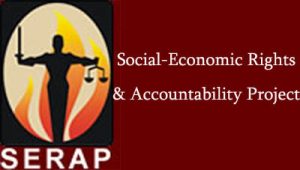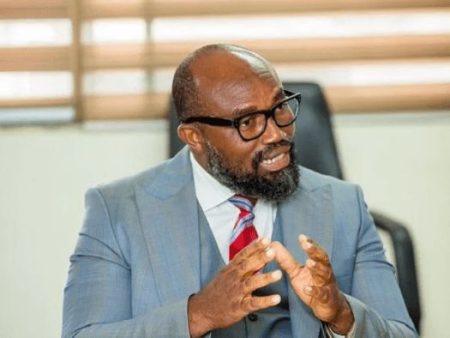The Africa Education Watch (Eduwatch), a prominent education policy think tank, has issued a stern condemnation of the practice by some public basic schools in Ghana of charging examination and printing fees to parents ahead of term assessments. This practice, set against the backdrop of the upcoming term assessments scheduled to commence on April 7, 2025, has raised serious concerns about equitable access to education. Eduwatch argues that imposing such financial burdens on parents directly contravenes Ghana’s commitment to free basic education, enshrined in the Free Compulsory Universal Basic Education (FCUBE) policy and reinforced by the legal framework of the Pre-Tertiary Education Act, 2020 (Act 1049). The organization highlights the explicit legal provisions guaranteeing free, compulsory, and universal basic education, emphasizing that no child should be denied this fundamental right due to economic hardship. This practice, they contend, not only undermines the principles of free basic education but also perpetuates societal inequalities.
Eduwatch acknowledges the importance of parental involvement in supporting school development and learning, emphasizing that such contributions should be entirely voluntary. The organization draws a sharp distinction between voluntary contributions and mandatory fees, denouncing any attempts by school authorities to coerce parents into paying or to penalize students whose parents are unable to meet these financial demands. Such actions, Eduwatch argues, are both unlawful and unjust, creating a barrier to education for children from disadvantaged backgrounds. The organization’s stance underscores its commitment to ensuring that socio-economic factors do not impede any child’s full participation in their right to basic education. This principle of equity lies at the core of Eduwatch’s advocacy, driving their efforts to create a more just and accessible education system for all Ghanaian children.
The organization places the onus on the Government of Ghana, specifically the Ministry of Education, to adequately fund public basic schools, enabling them to conduct assessments without resorting to imposing financial burdens on parents. Eduwatch points to the well-documented issue of delayed disbursement of funds to schools, acknowledging the financial challenges this presents. However, they argue that transferring the burden of these systemic funding shortfalls onto parents, especially those struggling financially, is neither a sustainable nor a fair solution. This practice, they argue, effectively shifts the responsibility for funding public education from the government to individual families, placing an undue burden on those least equipped to bear it. This undermines the very essence of free public education, a fundamental right guaranteed by the state.
Eduwatch calls for immediate action from the Minister for Education to address the issue of timely fund disbursement, ensuring that schools have the necessary resources to conduct assessments without resorting to charging parents. This call for urgent action reflects the organization’s concern that the current practice is not only illegal but also detrimental to the long-term health of Ghana’s education system. By ensuring timely funding, Eduwatch believes that the government can uphold its commitment to free basic education and create a level playing field for all students.
Furthermore, Eduwatch urges the Director-General of the Ghana Education Service (GES) to take decisive steps to prevent the exclusion of any pupil from examinations due to their parents’ inability to pay the imposed fees. This appeal directly addresses the potential for discriminatory practices within the education system, where children from less privileged backgrounds face the risk of being denied educational opportunities due to financial constraints. Eduwatch’s call for action underscores the importance of upholding the principles of inclusivity and equity within the education system, ensuring that all children, regardless of their socio-economic background, have equal access to educational assessments.
Eduwatch’s statement concludes with a stark warning: failure to address this critical issue will undermine the very foundation of free basic education, exacerbating existing inequalities and eroding public trust in the education system. This warning serves as a powerful reminder of the potential long-term consequences of neglecting the financial needs of public basic schools. The organization argues that the practice of charging examination fees not only violates the law but also creates a two-tiered system where access to education is increasingly determined by economic status, further entrenching societal inequalities. This, in turn, erodes public confidence in the fairness and efficacy of the education system, potentially leading to long-term damage to the nation’s human capital development. Eduwatch’s statement serves as a call to action for the government to uphold its commitment to free and equitable education for all Ghanaian children, safeguarding the future of the nation.














